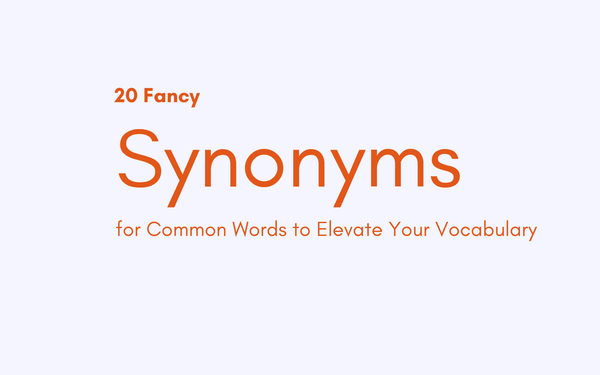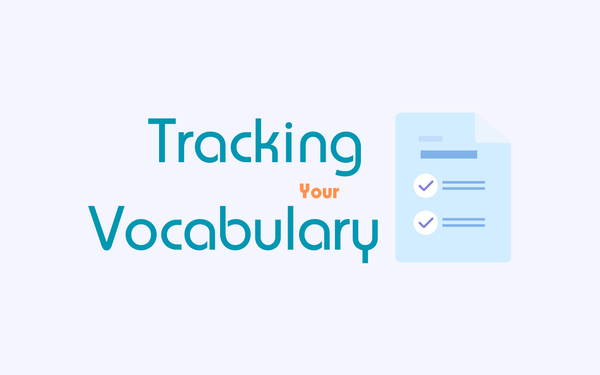Learn any language fast with a simple fundamental
In this article, we'll explore some simple fundamentals that can help you learn any language faster.

Learning a new language can be a challenging but rewarding experience. Whether you're planning to travel to a foreign country, communicate with new friends or colleagues, or just want to expand your knowledge and skills, mastering a new language can open up countless opportunities.
However, many people find it difficult to learn a language quickly and efficiently. In this article, we'll explore some simple fundamentals that can help you learn any language faster.
Start with the basics
When learning a new language, it's important to start with the basics. This means learning the alphabet, basic grammar rules, and common vocabulary words. Many language learners make the mistake of trying to learn too much too quickly, which can be overwhelming and lead to frustration. Instead, focus on building a strong foundation by mastering the basics.
Practice regularly
One of the most important things you can do to learn a new language faster is to practice regularly. This means setting aside time each day to study, practice speaking and listening, and review what you've learned.
Consistent practice is key to building your skills and retaining information. Even if you only have a few minutes each day, make the most of that time by practicing consistently.
Use immersive techniques
One of the most effective ways to learn a language is to immerse yourself in it. This means surrounding yourself with the language as much as possible. Some immersive techniques include watching TV shows and movies in the language, listening to music, reading books and articles, and speaking with native speakers. The more you expose yourself to the language, the faster you'll pick it up.
Focus on communication
When learning a new language, it's easy to get caught up in grammar rules and vocabulary lists. While these are important, it's also important to focus on communication. After all, the goal of learning a language is to be able to communicate with others.
Practice speaking and listening as much as possible, and don't be afraid to make mistakes. Remember, communication is about getting your message across, not necessarily speaking perfectly.
Set achievable goals
Setting goals is a great way to stay motivated and track your progress when learning a new language. However, it's important to set achievable goals. Trying to learn a language in a few weeks or mastering advanced grammar rules in a day is unrealistic and can lead to frustration.
Instead, set small, achievable goals that you can work towards each day or week. For example, you might set a goal to learn ten new vocabulary words each day or to have a ten-minute conversation with a native speaker each week.
Be patient with yourself
Learning a new language takes time and patience. It's important to be kind to yourself and not get discouraged if you don't pick things up as quickly as you'd like.
Remember that everyone learns at their own pace and that making mistakes is a natural part of the learning process. Celebrate your progress and accomplishments, no matter how small they may seem.
Have fun with it
Learning a new language can be challenging, but it should also be fun. Find ways to make the learning process enjoyable, such as by listening to music in the language, watching movies, or playing language learning games.
The more you enjoy the process, the more motivated you'll be to keep going.
In conclusion, learning a new language can be a fun and rewarding experience. By starting with the basics, practicing regularly, using immersive techniques, focusing on communication, setting achievable goals, being patient with yourself, and having fun with it, you can learn any language faster. Remember that learning a new language takes time and effort, but the rewards are well




